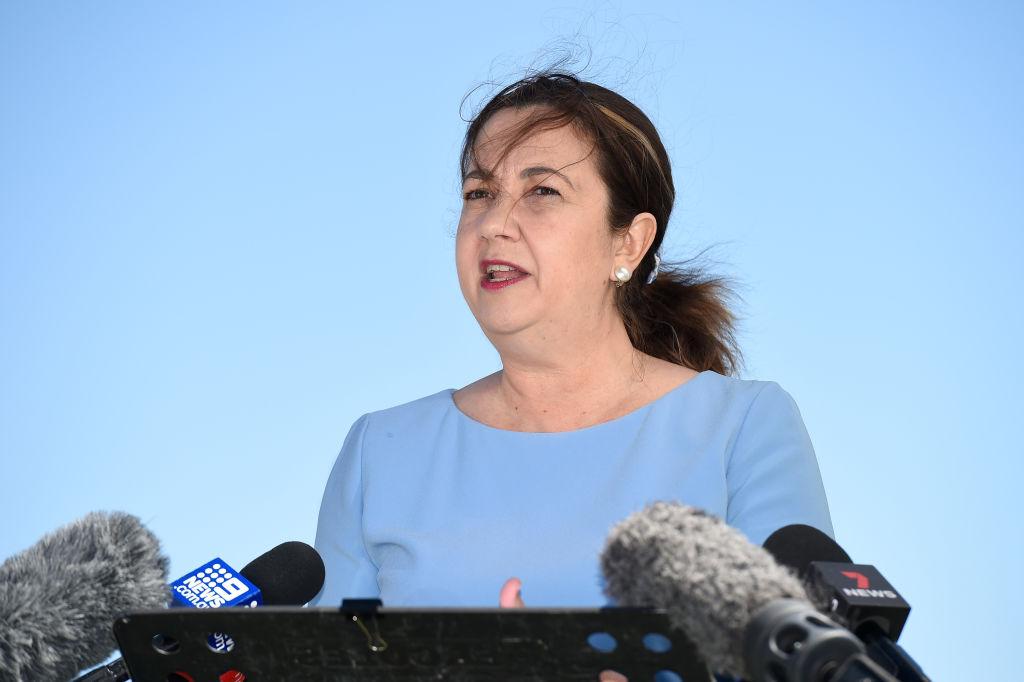Queensland’s energy minister has denied publicly owned electricity generators are overbidding in the wholesale power market and driving up prices for consumers.
Household and business electricity bills will surge at least nine per cent across Queensland, with firms in the southeast set to cop a 19.8 percent rise in 2022/23.





